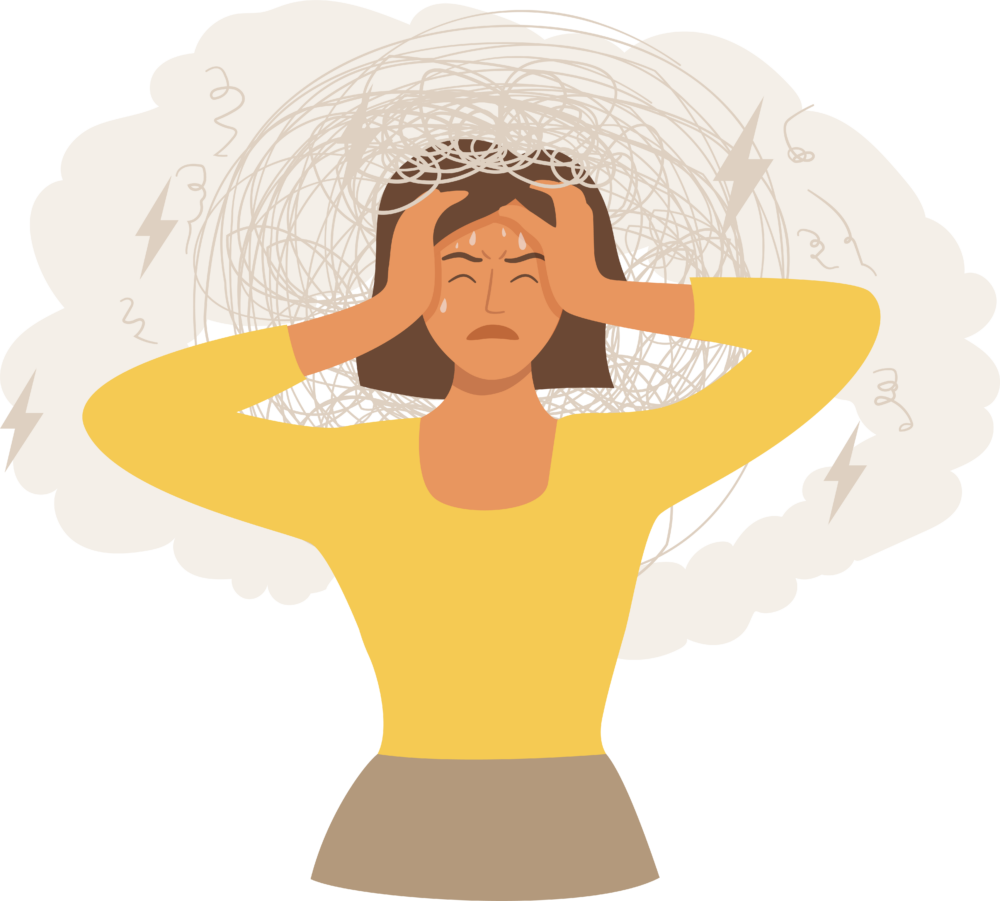Time horizon refers to when an individual or organization plans or expects to achieve a particular objective. It can vary from short-term, encompassing immediate goals and tasks, to long-term, extending to distant future aspirations. Our perception of the time horizon influences how we assess risks, prioritize goals, and allocate resources. Short-Term vs. Long-Term Perspectives A… Continue reading
Articles
Extended Adolescence and ADHD
Delayed or extended adolescence, particularly in individuals with Attention Deficit Hyperactivity Disorder (ADHD), is gaining more support within the ADHD research. This extended period of transition from adolescence to adulthood can present unique challenges for those affected by ADHD, impacting various aspects of their lives, including education, career, relationships, and overall well-being. Understanding the intersection… Continue reading
Executive Functioning and ADHD
Executive functioning is a crucial cognitive skill set that is essential in managing various aspects of our lives, from planning and organization to decision-making and problem-solving. It contains a range of mental processes that enable individuals to set goals, prioritize tasks, regulate behaviour, and adapt to changing situations effectively. What is Executive Functioning? At its… Continue reading
Response Inhibition Theory: How Your Brain Filters Impulses
The response inhibition theory aims to explain how the human brain controls impulsive behaviours and regulates responses to various stimuli. This theory explains mechanisms that govern our ability to suppress automatic or prepotent reactions in favour of more adaptive actions. Let’s look into what response inhibition theory means and its significance in understanding human behaviour…. Continue reading
Monoamine Hypothesis of Depression
Depression, a prevalent mental health disorder affecting millions worldwide, has long been a subject of much research. The monoamine hypothesis is one of the most influential and enduring explanations among the various theories seeking to elucidate its underlying mechanisms. Origins of the Monoamine Hypothesis The roots of the monoamine hypothesis can be traced back to… Continue reading
Transference-Focused Psychoanalysis
With its deep-rooted history and emphasis on uncovering unconscious conflicts, traditional psychoanalysis contrasts the more focused and time-limited approach of transference-focused psychoanalysis (TFP). This article aims to ascribe the principles and mechanisms underlying traditional psychoanalysis and TFP, exploring their similarities, differences, and respective applications in clinical practice. Exploring Traditional Psychoanalysis Sigmund Freud’s traditional psychoanalysis laid… Continue reading
Understanding the Functions of Negative Emotions
Negative emotions often get a bad rap. Functions of negative emotions are useful. They’re the ones we’re taught to avoid, suppress, or quickly overcome in pursuit of happiness. But what if we’re missing the point? What if negative emotions serve a purpose beyond just making us feel bad? In fact, research suggests that these emotions… Continue reading
Out of office Therapeutic Interventions
The therapeutic journey is not always confined to the therapist’s office. With approaches like Cognitive Behavioral Therapy (CBT) and exposure therapy, mental health professionals are turning to real-world settings to provide treatment. Let’s explore examples of how therapists are facilitating treatment through immersive interventions tailored to their client’s unique needs. Eating Disorders Imagine a therapist… Continue reading
A guide for Therapist Referrals
Sometimes, during the therapeutic journey, you might encounter a situation where your therapist suggests seeing another professional. Therapist referral can leave you feeling confused, rejected, or even frustrated. But it’s crucial to understand that therapist referrals are often made in your best interests. This article will explore some common reasons therapists might refer their clients… Continue reading
Do Self-Help Books and Affirmations Really Work?
The shelves of bookstores overflow with self-help guides promising transformative change. Alongside these books, the internet is saturated with affirmations—positive statements meant to rewire the subconscious mind for success and happiness. A critical question remains: Do self-help books and affirmations work? The Promise The allure of self-help literature lies in its promise to empower individuals… Continue reading










